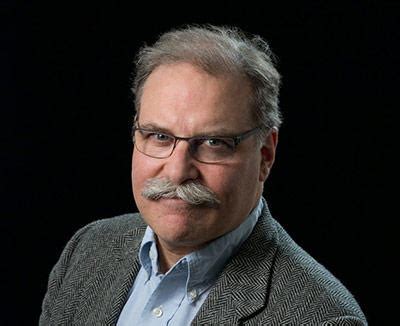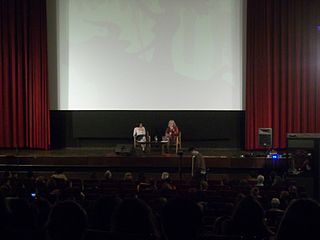A Quote by Francois de La Rochefoucauld
The extreme pleasure we take in speaking of ourselves should make us apprehensive that it gives hardly any to those who listen to us.
Related Quotes
When all the archetypes burst out shamelessly, we plumb the depths of Homeric profundity. Two clichés make us laugh but a hundred clichés moves us because we sense dimly that the clichés are talking among themselves, celebrating a reunion. . . . Just as the extreme of pain meets sensual pleasure, and the extreme of perversion borders on mystical energy, so too the extreme of banality allows us to catch a glimpse of the Sublime.
If the book we are reading does not wake us, as with a fist hammering on our skull, why then do we read? So that it shall make us happy? Good God, we should also be happy if we had no books, and such books as make us happy we could, if need be, write ourselves. But what we must have are those books which come upon us like ill fortune, and distress us deeply, like the death of one we love better than ourselves; like suicide. A book must be an ice-axe to break the sea frozen inside us.
To recognize our bias toward error should teach us modesty and reflection, and to forgive it should help us avoid the inhumanity of thinking we ourselves are not as fallible as those who, in any instance, seem most at fault. Science can give us knowledge, but it cannot give us wisdom. Nor can religion, until it puts aside nonsense and distraction and becomes itself again.
Be willing to take some risks in the areas of work and money. If we do only what we think we should do in order to make money and be secure, we won't listen to the intuitive voice that tells us to try something new, to be more creative, or to move on to the next step on our path. When we listen to our intuition and take some risks, we are not alone. The universe will support us and reward us for taking risks on its behalf!
Just as love blinds us to imperfections in others, it magnifies those we see in ourselves. But if this is true, then the opposite must also be the case. We can take comfort in the fact that our faults will be invisible to those who love us. The success or failure of any relationship depends not just on how we feel about each other, but on how we make each other feel about ourselves.




































